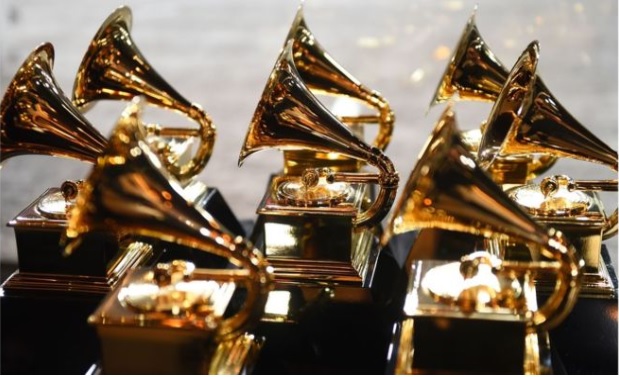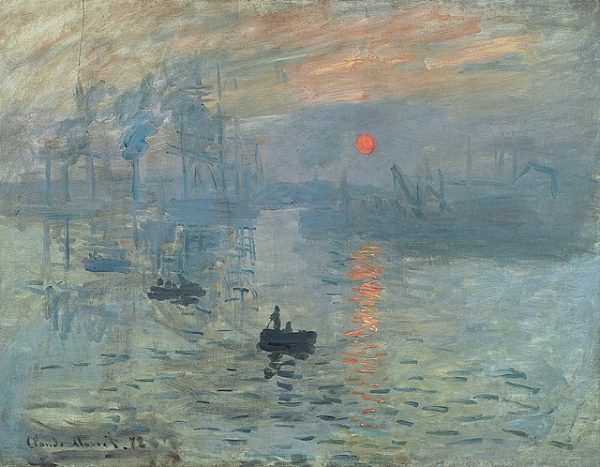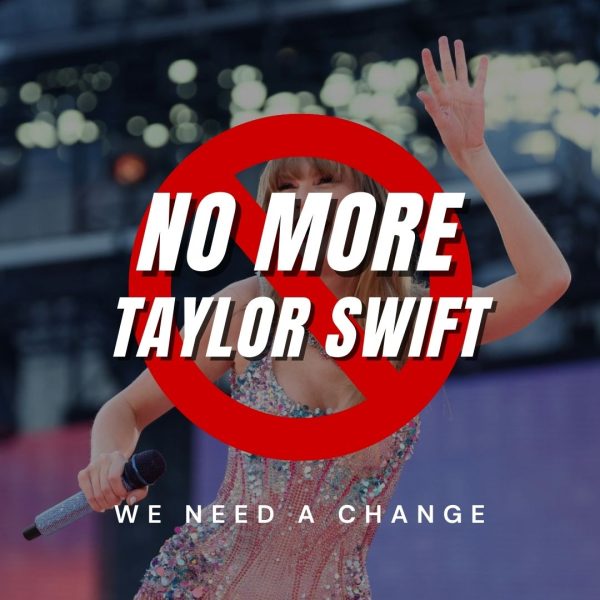The Grammy Awards and its Concerning Voting Process
The Grammy Awards is known to be one of the most highly esteemed nights in music. Although important to the world of music, the voting process still shows inconsistencies and flaws.
February 28, 2019
Known as the “most important night in music,” the Grammy Awards are single-handedly the most anticipated event for music-lovers across the world. However, although important to the culture and recognition of musicians, the Grammys are flawed in a number of ways, specifically within the nomination and voting processes.
Evidently, it all starts with the nomination. With the Grammys being such an esteemed award show, the guidelines for nominees are quite restrictive, as expected. To begin with, the artist has to produce a song that is within the time frame set by the National Academy of Recording Arts and Sciences. The eligibility period for this year’s awards started in October of 2017 and ended in September of 2018. This means albums released all the way back to 2017 will still be honored, even over those made in 2018, for a 2019 award show.
Diving even further, another important guideline states that a nominee’s song has to be commercially released and sold in the United States, specifically being “available for sale” through a broad distributor such as iTunes, Apple Music, or Amazon and not solely through the artist’s website. This excludes a wide variety of artists that share their music primarily through websites such as YouTube or other streaming services. Even SoundCloud, one of the largest music streaming services, was not eligible until 2018, thanks to Chance the Rapper’s influence.
Those guidelines are not even the strangest part. The “Best New Artist” category has controversy of its own. For starters, the term “new” is used very loosely. The only guideline for the new artist award is that it is for someone who “first establishes the public identity of that artist or established group.” In other words, it is a popularity contest. An artist could have multiple albums out prior to their Grammy nomination, yet still be considered for the new artist award because they have not yet “established a public identity.” This produces inconsistency and a sense of untruth within the nominee choices.
Although those aspects of the Grammys are alarming, the most frustrating part is who actually votes for the nominees and winners. Grammy winners are voted through the Recording Academy, a group made up of music creators, artists, engineers, producers and songwriters. This differs from the process of other award shows such as the VMAs, where the winners are chosen and voted on by fans. Although it may seem as if the Grammys’ voting process is a little more sophisticated, the only problem is how out of touch the members of the Recording Academy are. Rob Kenner, a journalist who was chosen to be a voting member of the Recording Academy, shed some light on the skewed process of Grammy voting. “Bottom line: the vast majority of the nominations are chosen by people who have little real expertise in a given field. I refrained from voting in heavy metal and classical because I know very little about those genres. But I could have if I wanted to, and that strikes me as a problem,” Kenner shared. When so many voting members are voting in genres they know little to nothing about, the artists who tend to win are those who are household names, not those who produced the best work.
The Grammy Awards are a great space for artists across the musical diaspora and an entertaining way to commemorate the hard work of artists from the past years. However, there is so much work to be done in the improvement of the voting process, even in its 61st year.














